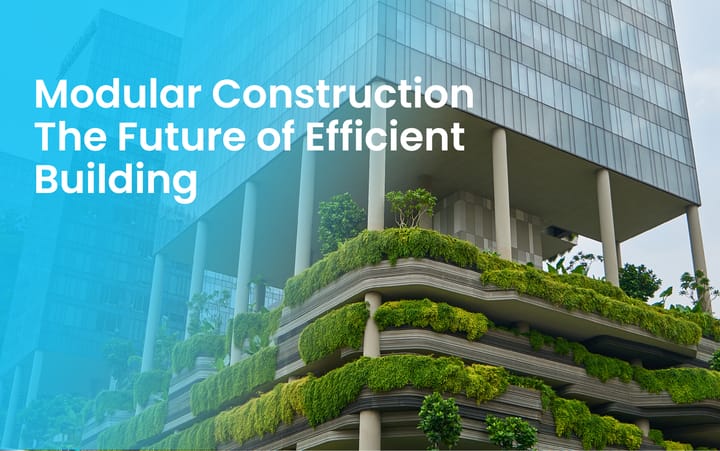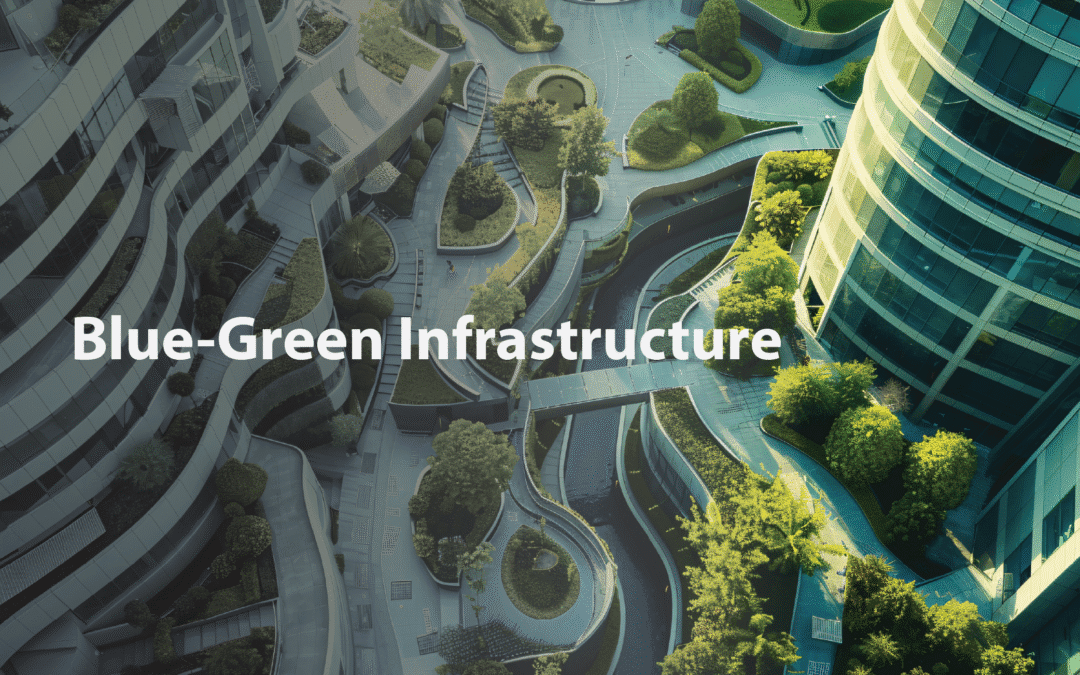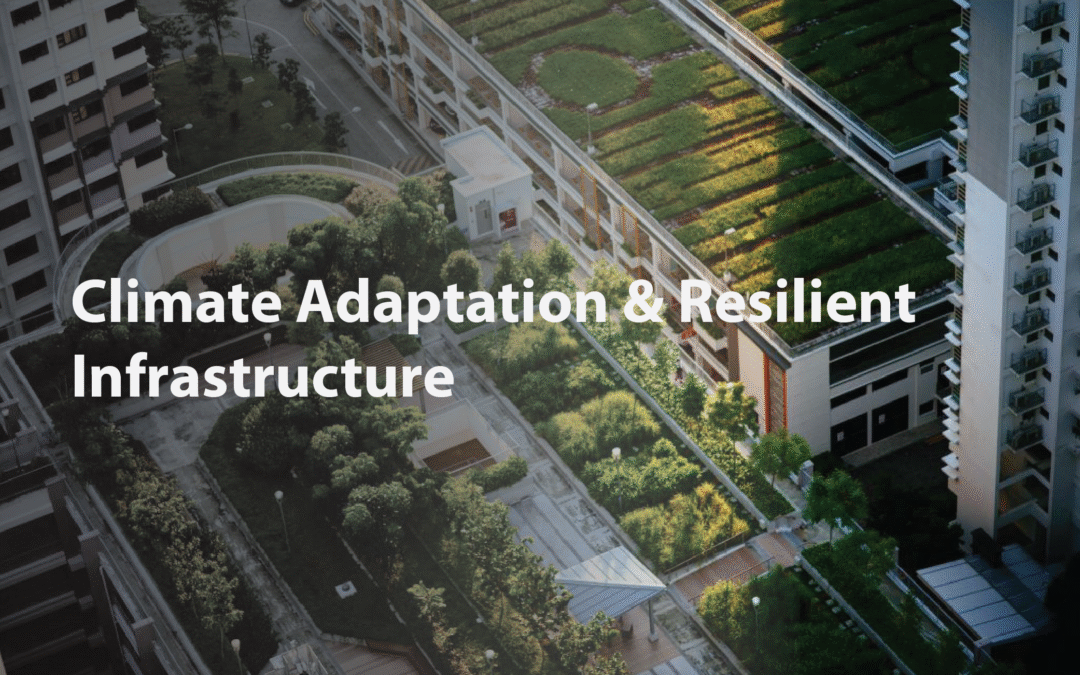For many years, the construction industry has struggled with low productivity compared to other fields. Modular construction presents an opportunity for the sector to achieve significant improvement by relocating various building processes from traditional job sites to manufacturing facilities that utilize off-site, assembly-line production methods.
What is Modular Construction?
It is a technique where a building is assembled away from the main site, in controlled factory conditions, while still using the same materials and adhering to the same regulations and standards as those in conventional construction, but completed in approximately half the time. Although it isn’t a novel idea, advancements in technology, economic pressures, and evolving perspectives have led to an exceptional increase in interest and investment in this approach. If it gains widespread acceptance, it could provide a substantial productivity increase for the industry, assist in addressing housing shortages in various regions, and significantly transform current construction practices.

Types of Modular Construction
Permanent Modular Construction
Permanent Modular Construction (PMC) represents a cutting-edge, eco-friendly construction approach that employs offsite, lean manufacturing methods to prefabricate entire modular buildings, whether single or multi-story, in deliverable modules. PMC modules can either be integrated into traditionally built projects or function independently as a complete solution and can be provided with mechanical, electrical, and plumbing systems, as well as fixtures and interior finishes, in a shorter time frame with less waste and improved quality control compared to projects relying solely on traditional construction methods.
Relocatable Buildings
A Relocatable Building (RB) is a building that is either fully or partially pre-assembled and adheres to relevant codes or state regulations, constructed in a manufacturing facility using an offsite modular building process. These relocatable buildings are intended for multiple uses or repurposing and can be transported to various locations. They find applications in schools, construction site offices, medical clinics, sales centers, and any scenario where temporary space is required. These prefabricated modular structures provide quick delivery, ease of relocation, cost-effective reconfiguration, accelerated depreciation, and significant flexibility. Relocatable buildings are not permanently attached to land but are set up in compliance with the manufacturer’s installation instructions and local regulatory standards. Such structures are vital when rapid deployment, temporary space, and relocation capabilities are essential.

The Benefits of Modular Construction
Modular construction provides numerous benefits, such as:
1- Quicker and More Efficient Construction Times
Completion timelines are significantly shorter than those of traditional methods. Research indicates that, on average, using prefabricated homes can result in a 50% reduction in construction time when compared to conventional building practices. Furthermore, because these structures are assembled in modules, the interior finishing can occur during the construction phase.
2- Financial Savings
Shorter construction periods lead to lower expenses. The typical costs for modular builds range from 800 to 1,000 euros per square meter, and the standard builds are generally priced between 1,300 and 1,600 euros per square meter due to the efficiency of standardized processes and large-scale manufacturing. In addition, the cost is often predetermined before purchase, which helps avoid unexpected charges or price surges.
3- Enhanced Quality and Accuracy
Building in a factory setting allows stringent quality control, as each module is constructed under regulated conditions and faces thorough inspections before being delivered to the site. This standard of quality assurance applies not just to the completed modules but also to each component that constitutes a specific unit.
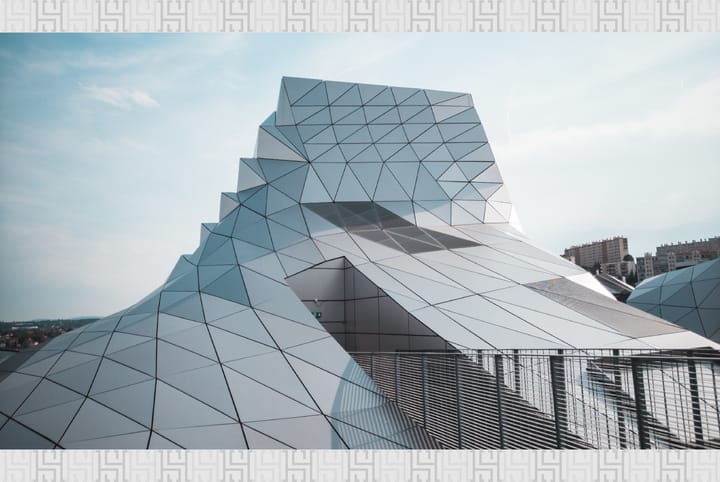
4- Energy Efficiency
The latest innovations and energy efficiency certifications are incorporated into these new constructions, resulting in notable energy savings.
Most modular structures utilize reinforced concrete, which serves as an excellent insulator. Some of these structures even blend concrete with expanded polystyrene, further enhancing the thermal insulation of the homes.
It is this exceptional insulation that directly influences the energy efficiency of the homes. Consequently, less reliance on aerothermal systems will be required, which will reflect on the electricity bill and the amount of pollution generated.
5- Reduced Environmental Impact
The factory-based manufacturing of modules significantly decreases waste produced on-site as the components delivered to the construction location are almost fully completed. Additionally, this factory method ensures improved material management, which minimizes waste and encourages recycling. This approach also lessens water and dust pollution while reducing noise disturbances.
6- Adaptability and Scalability
Constructed using modular components, modular buildings can always be expanded when necessary, facilitating upgrades and enhancements.
7- Personalization and Design Flexibility
Modular construction transcends traditional building methods, allowing for more imaginative designs tailored to the client’s preferences and budget.
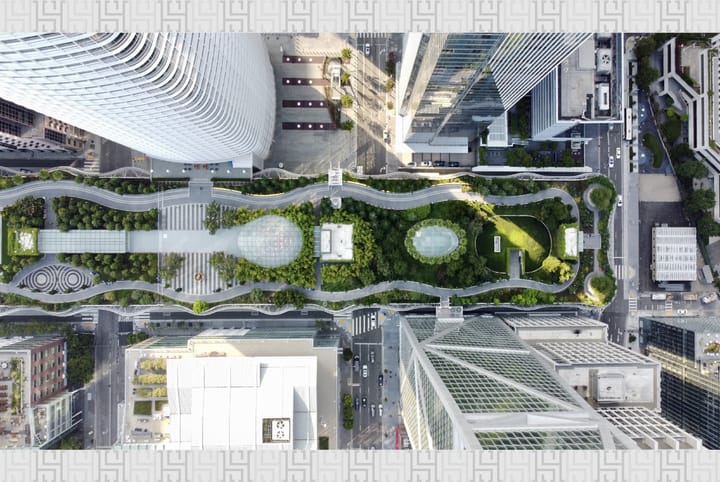
Modular construction transforms the construction industry by providing a speedy, cost-efficient, and eco-friendly alternative to conventional building methods. By emphasizing prefabrication and streamlined assembly, this groundbreaking approach minimizes construction duration and waste while upholding stringent quality standards. The adaptability of modular structures enables a wide range of uses, from residential properties to commercial buildings, making it a compelling option for various industries. As demand for sustainable practices grows, modular construction is set to play a significant role in influencing the future of the built environment.
Excited to learn more about modular construction? Contact HS Group or Infra Construction at +971 2 650 7741 or info@hs-gp.com.

